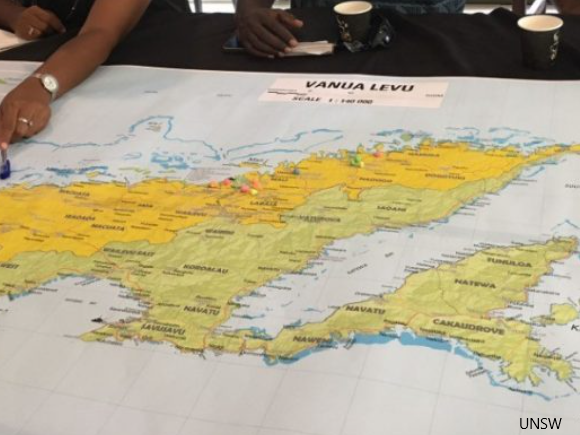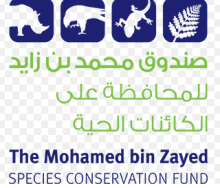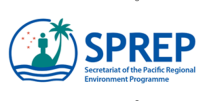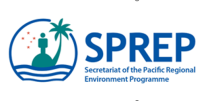
In December 2024, researchers from UNSW Sydney and the University of the South Pacific (USP) hosted a successful Project Halophyte Scoping Workshop in Suva, engaging with a wide range of Fijian mangrove restoration stakeholders.
Mangroves are a type of halophyte — a salt-loving plant that grows in or near tidal water sources. Mangroves store four times more carbon than terrestrial forests. Their branch and root structure provide an ideal breeding ground for juvenile coral and fish, with 30% of global fish species mangrove dependent. Mangroves are also home to various bird species, including egrets, herons, kingfishers, hawks and osprey. Mangrove ecosystem loss globally is resulting in reduced carbon sequestration, declines in marine and estuarine water quality, reduced biodiversity and a decrease in sustainable fishing yields.
Workshop participants represented the breadth of Pacific Community development, marine and environmental organisations, including the Pacific Community (SPC)’s NDC Hub, opens in a new window, which supports Pacific leadership for climate action, the Secretariat for Pacific Regional Environment Programme, (SPREP), opens in a new window and their Pacific Ecosystem-based Adaptation to Climate Change (PEBACC), opens in a new window project, and the MACBLUE, opens in a new window (Management and Conservation of Blue Carbon Ecosystems) Project, GIZ’s Pacific offices, also working in the MACBLUE Project, the Locally Managed Marine Area network (LMMA, opens in a new window), Conservation International, opens in a new window (CI) ‘s Pacific offices, Birdlife International and NatureFiji-MareqetiViti









